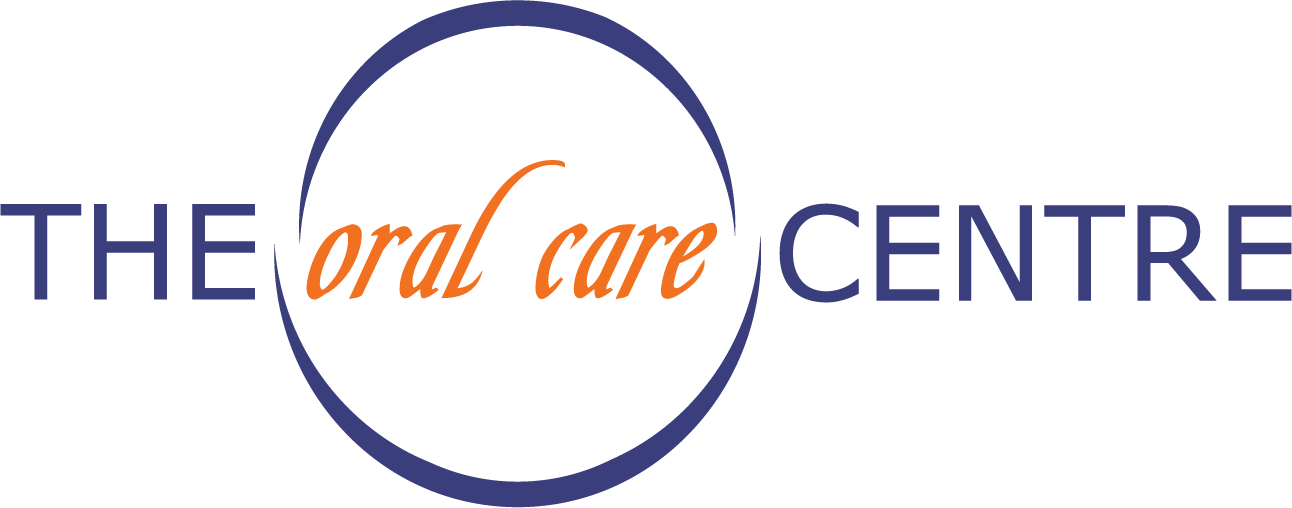Achieving a confident and radiant smile is now within reach, thanks to advancements in orthodontic care like braces, aligners, and retainers. Let’s discuss orthodontics braces in Singapore, including their types, benefits, and the process involved.
Orthodontic Braces in Singapore: What Are Braces?
Braces are orthodontic care devices designed for teeth straightening and correcting bite issues. They apply gentle pressure on the teeth, gradually shifting them into the desired positions. Some initial discomfort might be experienced.
Braces consist of several essential components that work together to straighten teeth. The brackets are small attachments that are bonded to the front surface of each tooth. They act as anchors for the archwire, a thin metal wire that runs through the brackets and applies gentle pressure to move the teeth. Ligatures, small elastic bands, or thin wires, are usually used to secure the archwire to the brackets.
Types of Orthodontic Braces in Singapore
Several types of orthodontic braces are available in Singapore, each catering to different preferences and needs:
- Traditional Metal Braces: The most common and economical choice, made of high-quality stainless steel. They are highly effective in correcting misalignment but are also the most visible.
- Self-ligating Braces: These utilise a built-in clip mechanism instead of ligatures to hold the archwire in place. This version is usually made of pure ceramics for better aesthetics, but they are less durable than metal braces and can stain.
- Lingual Braces: These are placed behind the teeth, offering a discreet option. However, they may be more challenging to clean and maintain.
- Clear Aligners: These are removable and nearly invisible, providing the most aesthetic option. They, however, may not be suitable for severe misalignment and are susceptible to staining and distortion.
Benefits of Orthodontic Braces
When done effectively by an orthodontist, braces offer numerous benefits beyond just a straighter smile. The benefits include:
- Enhancing your appearance and boosting your self-confidence.
- Helping prevent tooth decay and gum disease via easier cleaning.
- Aiding in preventing bone loss.
- Correcting bite issues, leading to improved chewing
- Helping prevent dental injuries.
Orthodontic Braces in Singapore: The Treatment Process
To get teeth straightening braces, the following steps are usually undertaken:
- Consultation and Assessment: The dentist assesses your oral health, discusses your concerns with you, and determines the most suitable treatment plan.
- Investigation, record-taking, diagnosis, and treatment planning.
- Treatment Before braces are attached or teeth scanned for aligners, the teeth are first cleaned, and all necessary filling and/or extractions are done.
- Brace Placement and Adjustments: Braces are then placed, and regular adjustments are made to ensure effective treatment. The orthodontist monitors your progress and makes necessary adjustments to the braces.
- Post-Braces care: After the braces are removed, wearing a retainer is crucial to maintain the new tooth positions and prevent shifting.
Braces Care
Braces are an effective way to achieve your desired dental alignment, but proper care is crucial to ensure optimal results and prevent complications. Here are some essential tips for wearing braces:
For Oral Hygiene
- Brush after every meal: Food particles and plaque can easily get trapped in between braces, increasing the risk of tooth decay and gum disease. Use a soft-bristled toothbrush and fluoride toothpaste, paying special attention to areas around the brackets and wires.
- Floss daily: Flossing removes plaque and food particles from between the teeth and under the gumline, where a regular toothbrush can’t reach. Use interdental brushes or floss threaders specifically designed for braces.
- Rinse with water after eating and drinking: This helps remove food debris and prevent staining.
- Schedule regular dental cleanings: Visit your dentist for professional cleanings at least twice a year to remove hardened plaque and tartar.
For Diet
- Avoid hard, sticky, and chewy foods: Eat mindfully and responsibly, avoiding food that may damage your brackets Examples include chewing on ice cubes, nuts, hard candy, popcorn, chewy candies, and tough meats.
- Choose foods carefully: There is no need to eat “baby” food, just choose carefully
- Cut food into small pieces: This makes it easier to chew and swallow to reduce the risk of damage to your braces.
An Overview of Dental Retainers
Retainers are custom-made devices that help maintain the alignment of teeth after orthodontic care treatment. They are essential in preventing teeth from shifting back to their original positions.
There are several types of dental retainers, including:
- Removable retainers: These can be taken out for eating, brushing, and certain activities. They can be further divided into:
- Clear/plastic retainers: Cost-effective, comfortable, and nearly invisible; however, these can wear down easily if your bite is heavy.
- Acrylic and Metal Wire retainers: Durable but more noticeable.
- Fixed/bonded retainers: A thin wire permanently bonded behind the front teeth. They are unobtrusive but require extra care for cleaning.
The dental retainers are fabricated after the orthodontic braces are removed. Your orthodontist will fit the retainers for you and provide instructions on how to wear and care for them. Regular check-ups are necessary to ensure the retainers are functioning correctly and your teeth remain in their desired positions.
Key Takeaways
Orthodontic braces in Singapore come with various options, so individuals can choose the most suitable treatment based on their preferences and needs. By following the recommended treatment process and post-treatment care, you can enjoy the long-lasting benefits of a confident smile.
References:
Dental Braces , https://www.healthhub.sg/a-z/diseases-and-conditions/dental-braces Accessed October 5, 2024
How to Care for Your Teeth When You Have Braces , https://www.healthhub.sg/live-healthy/how-to-care-for-your-teeth-when-you-have-braces Accessed October 5, 2024
What Is Orthodontics? https://my.clevelandclinic.org/health/treatments/24285-orthodontics Accessed October 5, 2024

